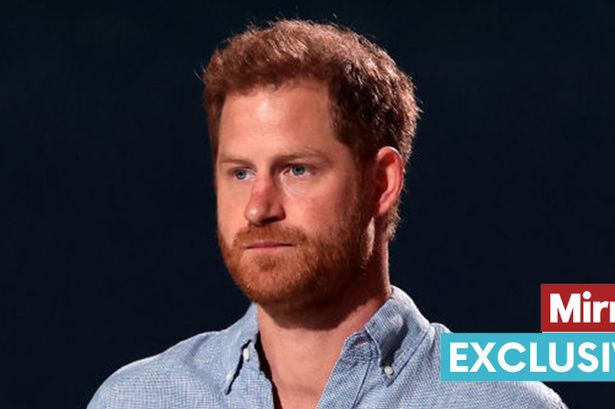The new documentary, “Harry – The Lost Prince,” has emerged as a contentious piece of media that may jeopardize the strides Prince Harry has made in reconciling with the Royal Family. Featuring intimate narratives and personal insights, the film delves into Harry’s life experiences, challenges, and perceptions of royal duties. However, the documentary also raises concerns about its potential to reignite tensions within the palace and undermine ongoing efforts for reconciliation, as it revisits painful topics that have lingered since Harry’s departure from royal duties.
A focal point of the documentary is the exploration of Harry’s struggles with his identity and the repercussions of growing up in the royal spotlight. Interviews with acquaintances and insiders reveal the emotional toll that public expectations and familial pressures took on him. This candid portrayal offers viewers a glimpse into Harry’s vulnerabilities, highlighting the root causes of his mental health challenges and the milestones that motivated his decision to seek a life outside the royal framework. Such revelations may garner empathy but could also exacerbate rifts with family members who may not agree with the narrative presented.
In a broader sense, “Harry – The Lost Prince” reexamines the systemic issues within the monarchy that have historically affected its members, emphasizing the need for modernization and emotional support within such institutions. The documentary makes a compelling argument for reform, spotlighting how rigid traditions can stifle personal growth and well-being. While this critique may resonate with a public that increasingly favors candor and reform, it risks alienating royal family members who prefer to uphold the status quo and protect family narratives.
Despite its potential for positive discourse, the model of success for Harry’s journey back to familial acceptance becomes complicated with the release of the documentary. The already fragile relationship between Harry and the royal family could be further strained if key members see the documentary as an infringement of their privacy or as an act of betrayal. This tension raises questions about the documentary’s timing and intentions, as Harry has been making efforts to bridge gaps and foster dialogue with his family, aimed at healing old wounds.
The media landscape surrounding the royal family is as volatile as ever, and “Harry – The Lost Prince” contributes to an ongoing dialogue about personal agency, loyalty, and public image. As the documentary draws attention, it compounds the scrutiny that Prince Harry and his family face. The legacy of such films tends to linger, affecting not only public perception but also personal relationships. Given the sensitive nature of the royal family’s dynamics, the documentary could amplify misunderstandings and stifle genuine conversations aimed at healing fractures.
In conclusion, while “Harry – The Lost Prince” holds the potential to draw awareness to critical issues surrounding mental health and royal responsibilities, its implications for Prince Harry’s relationship with his family are complex. The risks involved in revisiting painful memories and familial tensions may overshadow the documentary’s intention to foster dialogue about necessary reforms. As Prince Harry navigates his path toward reconciliation, the film stands as a reminder of the delicate balance between sincerity and the potential for further estrangement within a family bound by tradition and public scrutiny.














